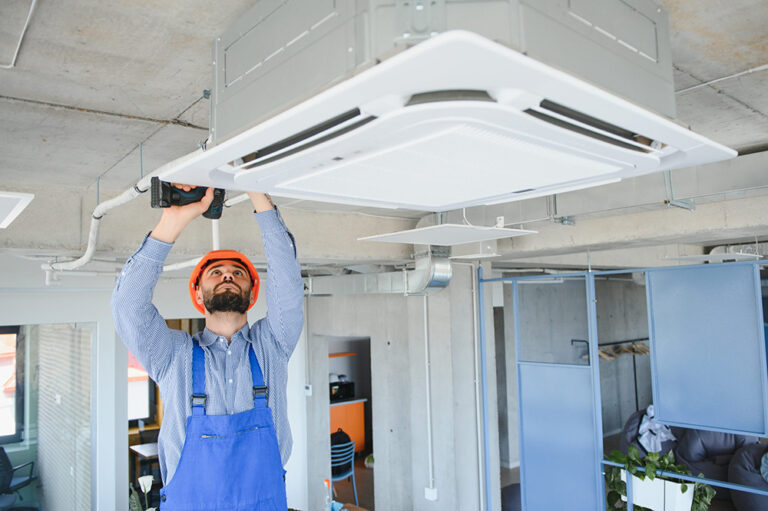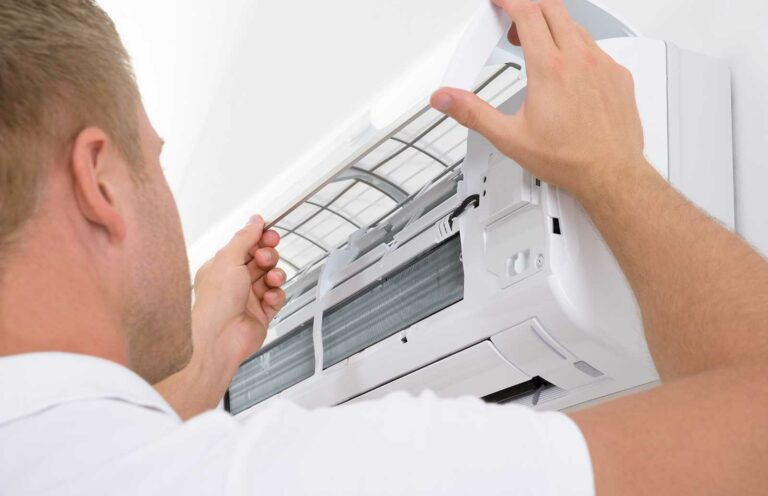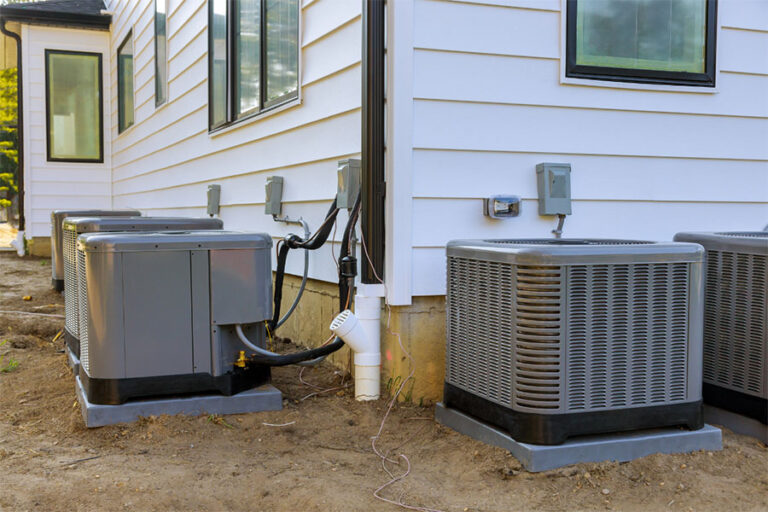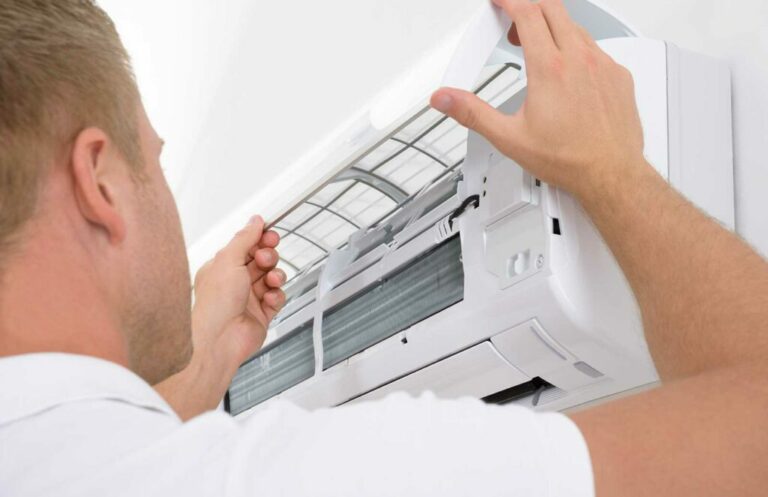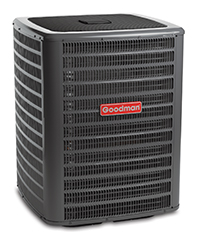
Turning off your HVAC system when it’s not in use might seem like a good way to save energy and money.
However, there are several factors to consider before deciding whether it’s OK to leave your HVAC system off for extended periods. Let’s explore the implications of turning off your HVAC system and the best practices to follow.
Energy Savings vs. Comfort
One of the primary reasons people consider turning off their HVAC or Boise air conditioning system is to save on energy costs. While it’s true that running the system less frequently can reduce your utility bills, there are other considerations to keep in mind:
- Temperature Fluctuations: Turning off your HVAC system can lead to significant temperature swings inside your home. This can make it uncomfortable, especially during extreme weather conditions.
- Humidity Control: HVAC systems help manage indoor humidity levels. Turning off the system can lead to high humidity in summer or low humidity in winter, which can affect comfort and air quality.
- Air Quality: Regular operation of your HVAC system helps circulate and filter the air, removing dust, allergens, and other pollutants. Turning off the system can lead to stagnant air and reduced indoor air quality.
Potential Risks of Leaving HVAC Off
Turning off your HVAC system for extended periods can lead to several potential risks and issues:
- Mold and Mildew Growth: High humidity levels caused by an inactive HVAC system can create an environment conducive to mold and mildew growth. This can lead to health issues and damage to your home.
- Frozen Pipes: In cold weather, turning off your heating system can cause the temperature inside your home to drop significantly, increasing the risk of frozen and burst pipes.
- Increased Wear and Tear: Frequently turning your HVAC system on and off can put additional stress on the components, leading to increased wear and tear and potentially shortening the lifespan of the system.
Best Practices for HVAC Use
Instead of completely turning off your HVAC system, consider these best practices to balance energy savings and comfort:
- Use a Programmable Thermostat: A programmable thermostat allows you to set specific temperatures for different times of the day. This can help reduce energy consumption while maintaining a comfortable environment.
- Set the Thermostat to a Moderate Temperature: During times when you’re away from home, set the thermostat to a higher temperature in the summer or a lower temperature in the winter, rather than turning the system off entirely.
- Regular Maintenance: Ensure your HVAC system is well-maintained to operate efficiently. Regular maintenance can help identify and fix issues that might cause the system to work harder than necessary.
Expert Advice from Innovative Mechanical Solutions
At Innovative Mechanical Solutions, we understand the importance of balancing energy savings with comfort and safety. Our experienced technicians can help you optimize your HVAC or Boise air conditioning system’s settings and provide regular maintenance to ensure it runs efficiently.
Conclusion
While turning off your HVAC system might seem like a good way to save energy, it can lead to temperature fluctuations, humidity issues, and reduced air quality. Instead, consider using a programmable thermostat and setting moderate temperatures to achieve energy savings without compromising comfort.
Have questions about your HVAC system? Contact Innovative Mechanical Solutions today for expert advice and reliable services! Our team is here to help you keep your home comfortable and energy-efficient year-round.

